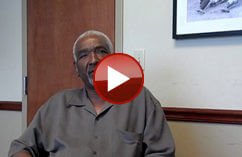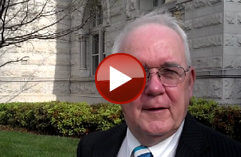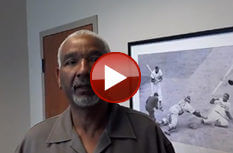Judge Names Lead Attorneys in Actos Bladder Cancer Lawsuits
According to Bloomberg.com, the judge who is overseeing the lawsuits regarding Actos, the medicine used to treat type 2 diabetes, and the potential risk of bladder cancer for patients has appointed 19 plaintiffs’ lawyers to manage litigation involving U.S. claims. The federal lawsuits against the diabetes drug manufacturer Takeda were consolidated before U.S. District Judge Rebecca Doherty in Lafayette, Louisiana, in December 2011, and the court’s filings note that the first hearing in the case is set for March 22. Attorneys for both lead counsel and a steering committee have been selected.
Takeda, which is Asia’s biggest drug maker, faces up to 10,000 claims that the diabetes medicine Actos causes bladder cancer after U.S. regulators determined that the drug is linked to the disease. A review conducted by the U.S. Food and Drug Administration (FDA) of an ongoing epidemiological study concluded that patients taking the drug for more than one year may have an increased risk of bladder cancer. In addition to the lawsuit claiming patients face an increased cancer risk, plaintiffs also claim that Takeda and co-defendant Eli Lily & Co., based in Indianapolis, withheld information about the cancer risk and failed to provide adequate warnings.
Manufacturers of drugs have the responsibility to protect patients by thoroughly testing medications for potentially harmful side effects and disclosing the information to the public. Unfortunately, dangerous side effects are often not caught until a patient using the drug becomes ill or is harmed. If you have suffered adverse reactions from taking Actos, the dedicated Tennessee Actos injury lawyers with Massey & Associates, P.C. can help you receive the compensation you deserve from any negligent parties. Call our offices at (423)697-4529 to schedule a free consultation regarding your case.














